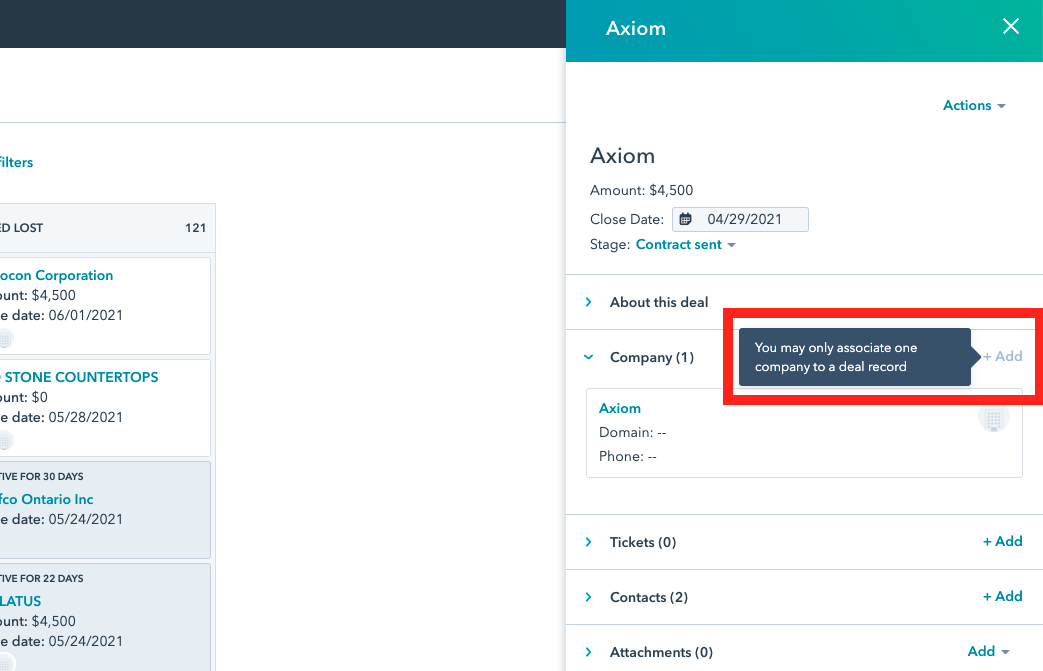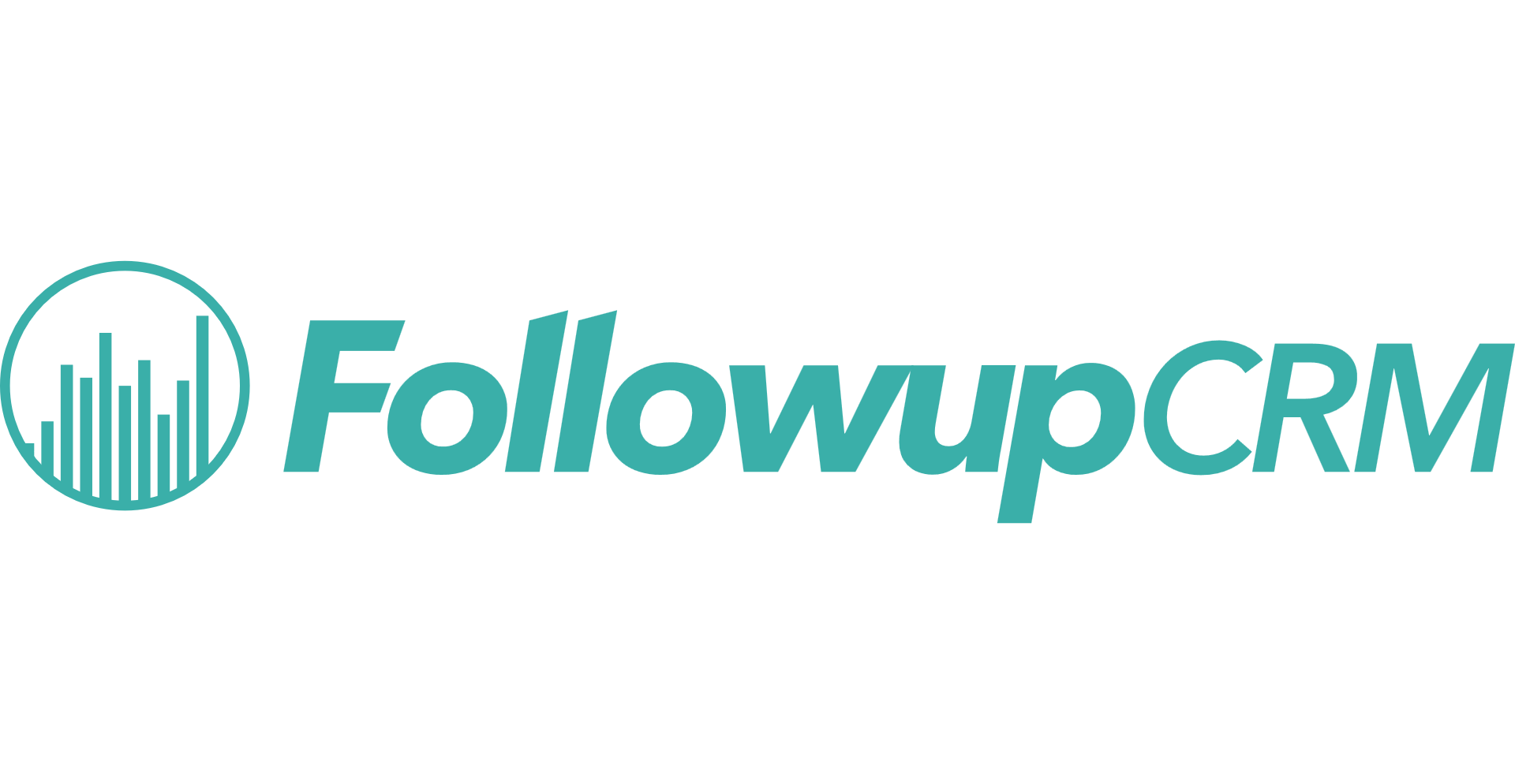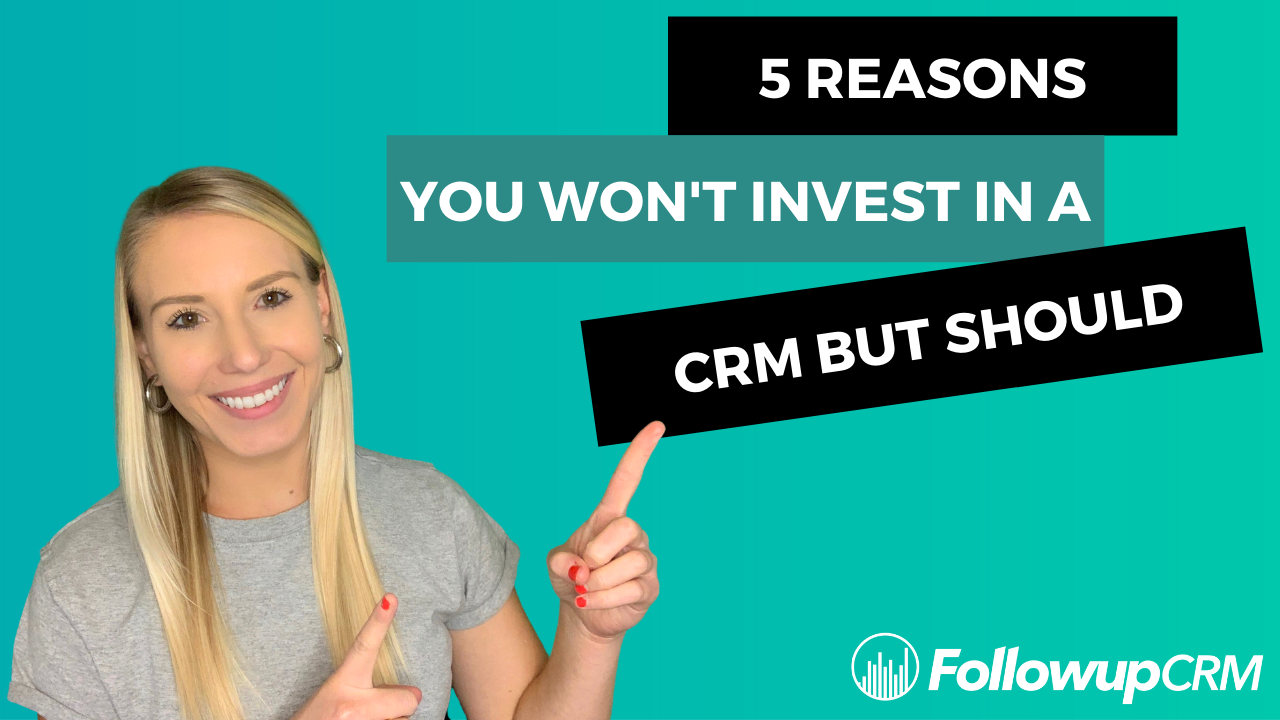When shopping for a CRM, it’s important to choose a software that speaks your language and makes sense for your day-to-day process. While many companies shopping for a CRM may gravitate more toward popular, generic CRMs, it’s not something that we recommend for several reasons. Here’s why:
What is a CRM?
Let’s first start by defining what CRM means. CRM stands for “customer relationship management.” Customer relationship management can mean a lot of different things. To sum it up, a CRM is that one single hub that helps you track all your client information while managing leads, opportunities and contacts. Your CRM is that one software where everyone on your team can go and service their clients.
Why Generic CRMs Don’t Work
CRMs can be extremely vague and there are hundreds of CRMs to choose from. The problem with most of these CRMs is that they’re generic and were built for everybody. And there lies the issue. Construction is a very specific industry and these CRM’s have very different clients that they’re trying to sell to.
Ask yourself this question: Would you go to a General Practitioner for brain surgery? We would certainly hope not! The same applies to important software you use daily to run your business – in this case, a CRM. When it comes to technology, you need a solution that’s specific to what you do every day.
You’ve probably heard of the popular CRMs Salesforce, HubSpot, Pipedrive and Zoho. While these are multibillion-dollar companies that work for most industries, you might be wondering why this isn’t the right solution for construction companies. The answer is this: When you're bidding a project with a generic CRM, you will have to create duplicate projects under each client to track the client you are bidding to. Let’s say you have three clients and you’re bidding out a project underneath each one. You would have to create the duplicate opportunity underneath each of these clients or accounts, which will cause inaccurate reporting and false representations within your analytics.

There is an option to tweak the generic CRMs to fit your bidding process, however, it would cost you at least $50,000 to even rewire the guts so that is makes sense for your company. That’s a lot of unnecessary funds that you could be using towards a CRM that already follows your process for a fraction of the cost. And not only are you having to pay more for a generic solution to fit your needs, but you’re also creating more work for yourself.
Not only are you having to create duplicate opportunities or pay a fortune to tweak these platforms, but generic CRMs don’t use the same language, ideas, and construction terms you’re used to using every day. For example, in construction, we’re putting out bids, proposals, and quotes, while generic CRMs use more vague terms such as “opportunities.” Investing in a construction specific CRM makes it much easier to adapt to as it’s made specifically for contractors and uses the same terminology you’re used to hearing and using every day.

Another reason generic CRMs won’t work for you construction business is because they do not integrate with other construction software. A lot of these popular generic CRMs have thousands of clients who request certain integrations every day. These generic CRMs are never going to hone in on construction and integrate with all the software you use on the daily. Let’s say you want to integrate with a construction ERP or accounting software like Sage, Viewpoint, or Foundation. These bigger CRM companies are never going to integrate with these types of platforms because they might only have 2% of clients who work in the construction industry. These large companies are going to dedicate their resources to the IBM’s of the world. Unlike a construction specific CRM, like Followup CRM, who integrates with tons of third-party construction software you use every day.
Generic CRMs are not easy to use and create more of a mess for construction industry users as these platforms are too vague, create more work by having to duplicate projects, alter your analytics, and do not integrate with other construction systems.
Why Construction-Specific CRMs, Like Followup CRM Work
Followup CRM is the ideal solution for construction as it’s a vertical specific CRM built by contractors for contractors. The reality is, you’re bidding one project and you have other GCs or property management companies that you’re bidding to in order to win this one project. Followup CRM allows you to attach and link all your accounts or clients to this one project. This allows you to keep everything organized and get the accurate reporting you need on the bidding process like a construction company should.
Let’s say you win 75% of the jobs that you bid to this one particular company, you win 0% of jobs with another company, and 20% of the jobs with another company under the same project. Followup CRM is able to provide you with those important analytics so you understand your closing ratios as well as which jobs are worth bidding, which ones aren't, and helps you fill gaps to help you improve those closing ratios by nurturing client relationships.

Followup CRM is completely customizable so you can set up your account using the terms you use every day while following the bidding process you’re used to. You don’t have to create an duplicate opportunities since everything is connected to that one single project you create, so you get accurate reporting every single time.
One of the best offerings we have at Followup CRM is that one-on-one personalized onboarding and training you can’t find at those large CRM companies. Most of our clients are coming from spreadsheets or paper and there’s a lot of hesitation when it comes to implementing a new system. Our customer success team holds your hand throughout the entire process, meeting with you and your team to set up the system to your liking, implement any necessary data migrations, and show you step-by-step how to use our platform. And if you feel as if you still need help after the onboarding process, we offer weekly live training for both users and admins/champions, have a 24/7 chatbot available for answering questions, a webinars page with helpful industry best practice topics, a support center filled with tutorial articles, a YouTube channel with multiple tutorial videos, an academy that offers trainings and certifications, and a responsive team you can always count on.
Followup CRM also integrates with multiple construction software you use every day. From Foundation Software and The Edge to FCS and Viewpoint Vista, we connect with all the construction platforms to create less work for you. No more double entry and less room for errors! Followup CRM is always growing their partnerships and integrations, and even if there’s a specific construction software we don’t integrate with yet, we integrate with Zapier and Agave that essentially allows you to connect to any platform.
Last, Followup CRM is easy to use. Our clients love it because it makes sense and is easy to adapt to as it already follows their day-to-day processes and speaks their language. Using a generic CRM can be very difficult as you’re constantly having to find ways to get the platform to work to how you need it to and it can be hard to get the answers you need.
To learn more about the #1 CRM for construction, Followup CRM, click here to request a live demo.
-1.png)







